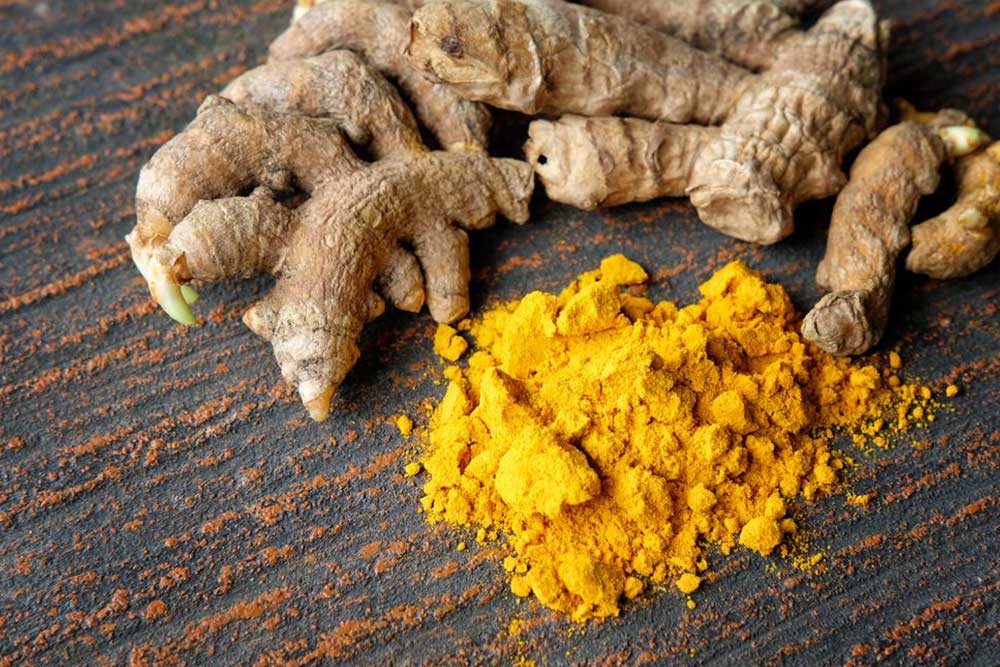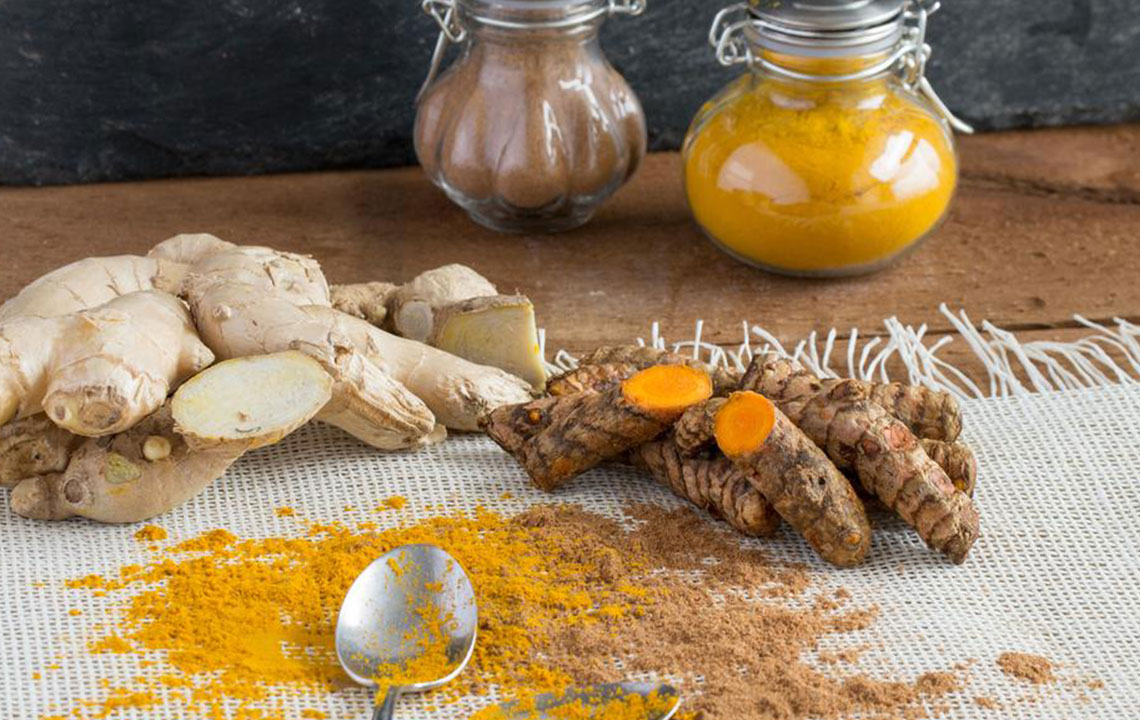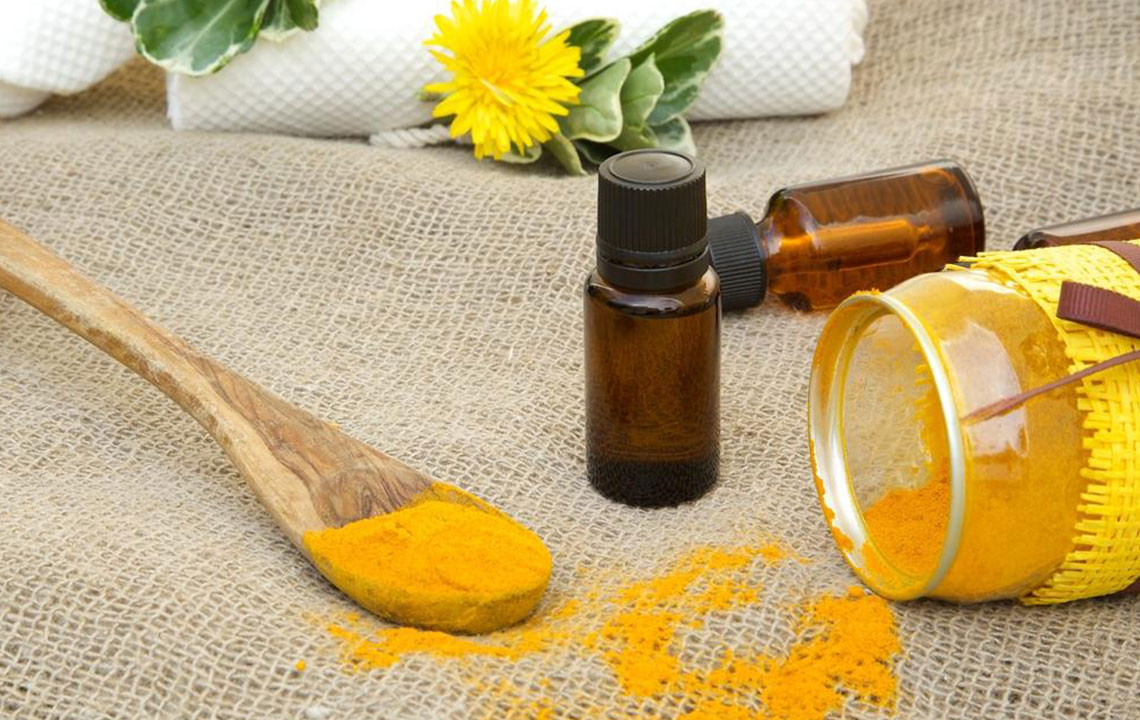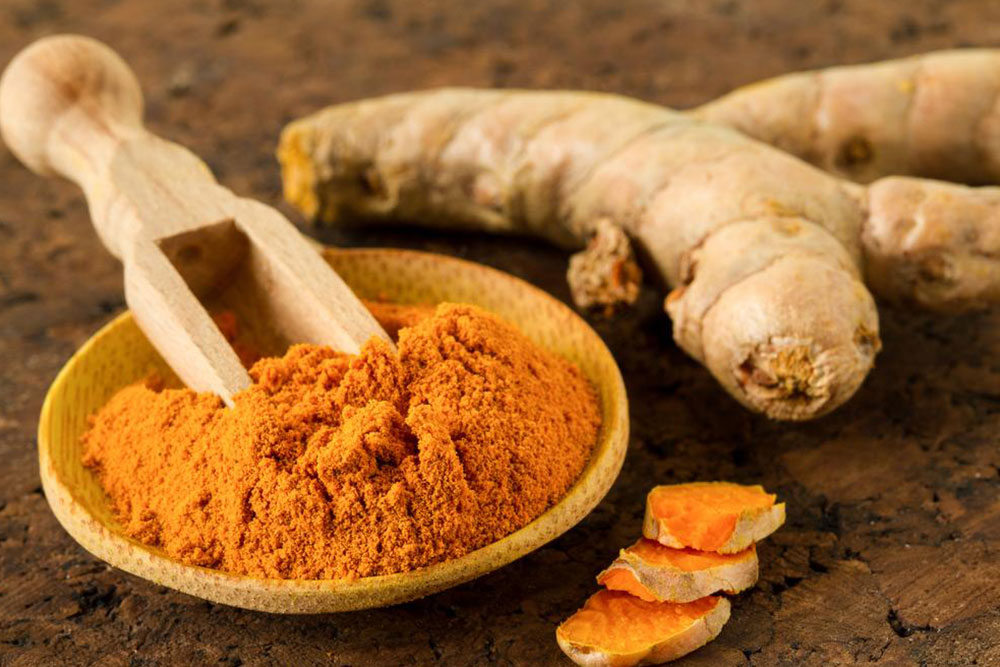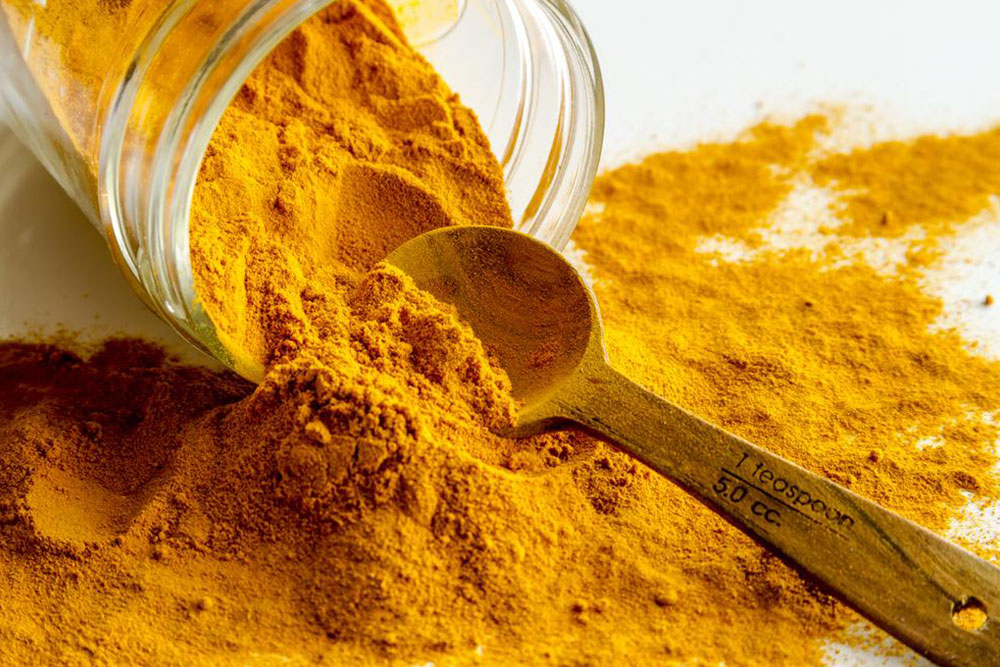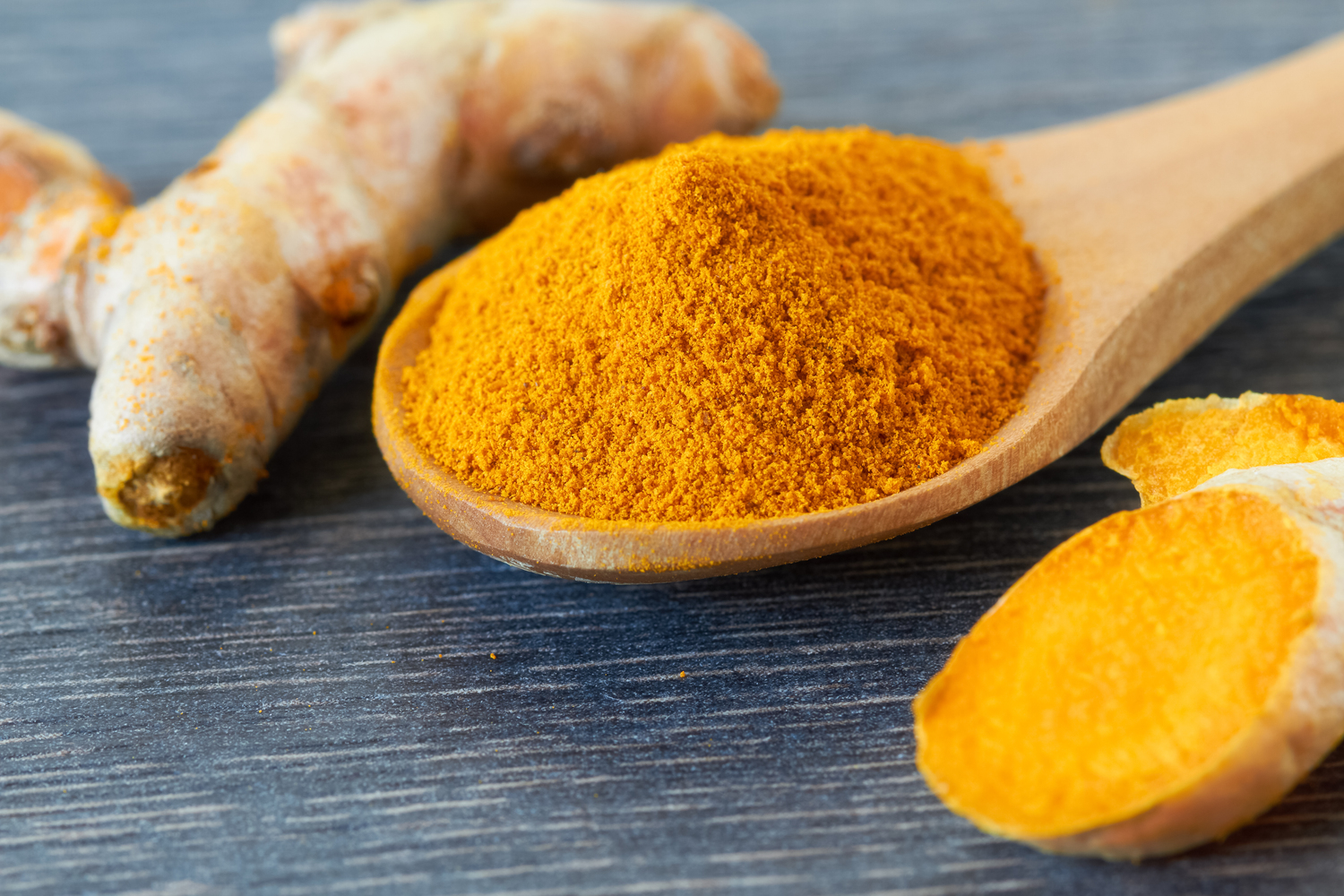Comprehensive Guide to the Remarkable Health Benefits of Turmeric, the Golden Spice of Nature
Explore the extensive health benefits of turmeric, the renowned golden spice, including its anti-inflammatory, skin-healing, and cancer-preventive properties. Learn how to incorporate this powerful herb into your daily routine for better health and wellness.
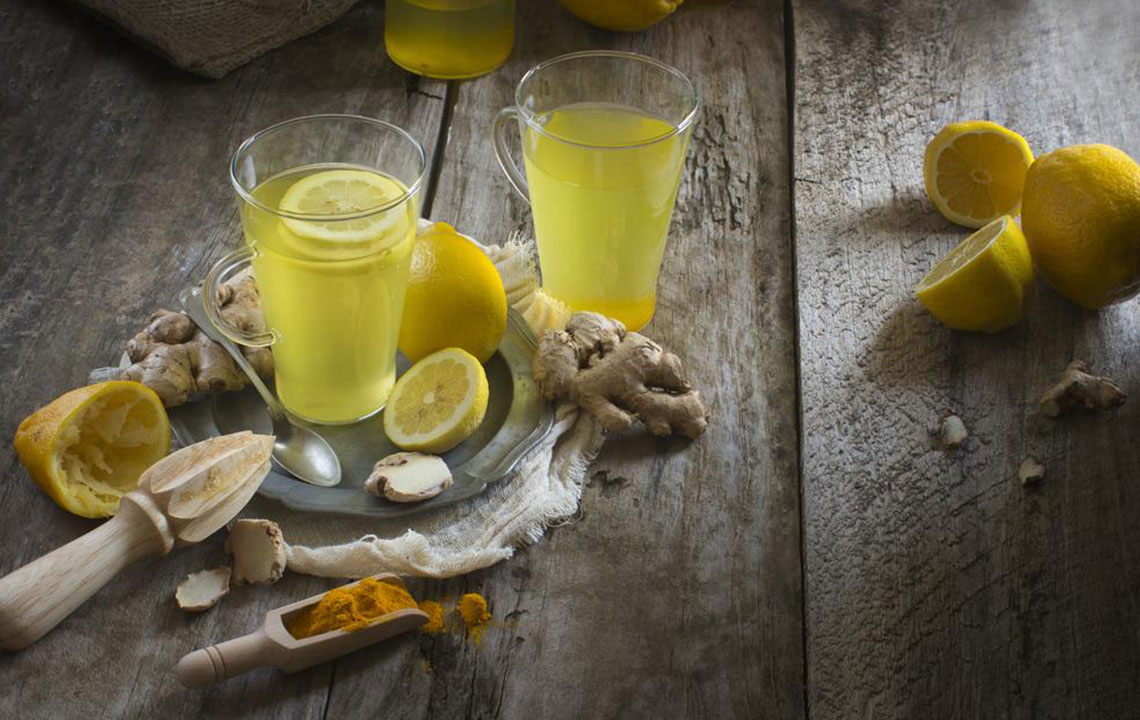
Comprehensive Guide to the Remarkable Health Benefits of Turmeric, the Golden Spice of Nature
Turmeric, often celebrated as a superfood and a natural miracle herb, has been used for centuries in traditional medicine and culinary practices. Known for its vibrant golden-yellow hue, turmeric is more than just a flavoring agent in dishes; it is a powerhouse of health-promoting compounds that offer a wide array of benefits. While many are familiar with turmeric as a staple in Indian cuisine, its medicinal properties and health advantages have garnered increasing scientific attention worldwide. This article explores in detail the numerous health benefits of turmeric, its active ingredients, cultivation challenges, and practical ways to incorporate it into daily life for optimal health.
Turmeric belongs to the ginger family, sharing a similar appearance, but it is distinguished by its striking color and unique flavor profile. The root, which is the part most commonly used, undergoes a process of boiling, sun-drying, and grinding to produce the familiar yellow powder used in culinary and medicinal applications. The spice has a warm, peppery, slightly bitter taste with a subtle aroma that enhances a variety of dishes.
Origin and Cultivation
Native to South Asia, particularly India, turmeric is a perennial herb that thrives under specific climatic conditions—hot and humid environments with rich, well-drained soils. Due to its cultural significance and specific growing requirements, turmeric cultivation is largely concentrated in South Asia, although it is now cultivated in various tropical and subtropical regions around the world. Despite its widespread popularity, the cultivation of turmeric remains limited by climate and soil conditions, making it a valuable commodity globally.
Common Uses in Cuisine
Turmeric’s culinary applications are diverse, ranging from adding color and flavor to rice dishes, curries, stews, soups, marinades for meats, and even baked goods. Its bright color imparts an appealing yellow hue that is characteristic of traditional Indian, Middle Eastern, and Southeast Asian cuisines. Besides culinary uses, turmeric also functions as a natural food coloring agent and preservative, thanks to its antioxidant properties.
Active Compounds and Their Significance
The primary active compound responsible for turmeric’s health benefits is curcumin. Curcumin possesses potent anti-inflammatory, antioxidant, antimicrobial, and anticancer properties. Besides curcumin, turmeric contains essential oils such as turmerone and zingiberene, which also contribute to its therapeutic effects. The bioavailability of curcumin, however, can be low, which has led to various formulations and combinations with piperine (found in black pepper) to enhance absorption.
Top Health Benefits of Turmeric
Reduces Inflammation and Eases Pain: Chronic inflammation is linked to many health issues, including arthritis, cardiovascular diseases, and neurodegenerative disorders. Turmeric’s curcumin exhibits strong anti-inflammatory effects, making it a natural remedy for conditions like rheumatoid arthritis, osteoarthritis, muscle soreness post-exercise, and general inflammatory discomfort.
Enhances Skin Health and Accelerates Healing: Due to its antibacterial and anti-inflammatory properties, turmeric can help manage skin conditions like acne, eczema, and psoriasis. It also promotes wound healing, reduces scars, and fights signs of aging by neutralizing free radicals that damage skin cells.
Supports Cancer Prevention and Management: Emerging research indicates that curcumin can inhibit the growth of cancer cells and prevent tumor development, especially in colon, breast, and pancreatic cancers. Its ability to induce apoptosis (programmed cell death) and block angiogenesis (blood vessel formation in tumors) positions it as a promising complementary therapy.
Boosts Digestive Health: Turmeric stimulates bile production in the liver, which helps improve digestion and alleviate symptoms of bloating and gas. It is also beneficial for reducing gut inflammation, managing inflammatory bowel disease (IBD), and relieving irritable bowel syndrome (IBS).
Facilitates Detoxification: Turmeric enhances liver function by increasing the production of enzymes involved in detoxification processes. This natural detoxifier assists in eliminating toxins, supporting overall liver health, and maintaining metabolic balance.
Improves Cardiovascular Health: Regular consumption of turmeric can help regulate cholesterol levels, prevent the buildup of arterial plaque, and reduce the risk of cardiovascular diseases. Its anti-inflammatory and antioxidant actions protect blood vessels from damage, promoting better heart health.
Regulates Menstrual Cycles and Hormonal Balance: Some traditional practices use turmeric to support hormonal regulation and alleviate menstrual discomfort. Its anti-inflammatory effects may help reduce symptoms like cramps and irregularities.
Enhances Brain Function and Mental Health: Studies suggest that curcumin can cross the blood-brain barrier and may aid in reducing neuroinflammation. It has shown potential in improving memory, combating depression, and protecting against neurodegenerative diseases like Alzheimer’s.
Blood Sugar Regulation: Turmeric’s anti-inflammatory properties may help stabilize blood glucose levels and improve insulin sensitivity, making it beneficial for managing diabetes.
Poisoning Treatment and Other Therapeutic Uses: Some traditional uses include turmeric’s role in managing poisoning cases due to its detoxifying and anti-inflammatory properties.
Incorporating Turmeric Into Your Diet
To reap the health benefits of turmeric, incorporating it into daily diet routines is recommended. Fresh turmeric root can be grated into smoothies, salads, or teas. Ground turmeric is a versatile spice that can be added to curries, rice, soups, smoothies, and even milk-based beverages. To enhance curcumin absorption, combining turmeric with black pepper (which contains piperine) or consuming it with healthy fats can significantly improve bioavailability.
Precautions and Potential Side Effects
Although turmeric is generally safe for most people, excessive intake or supplementation may cause gastrointestinal discomfort, allergic reactions, or interact with certain medications like blood thinners. Individuals with gallstones or bile duct problems should consult healthcare professionals before high-dose consumption. Pregnant and breastfeeding women should also seek medical advice before taking turmeric supplements.
Conclusion
Turmeric is truly nature’s golden treasure, offering an impressive spectrum of health benefits backed by both traditional use and scientific research. Its anti-inflammatory, antioxidant, anti-cancer, and healing properties make it a valuable addition to a balanced lifestyle aimed at maintaining optimal health. Whether used as a culinary spice or in supplement form, turmeric’s potential to improve overall well-being is significant. As ongoing research continues to uncover new therapeutic applications, turmeric stands out as a natural, affordable, and versatile healer that has stood the test of time—delivering health benefits that can be enjoyed by people worldwide.
